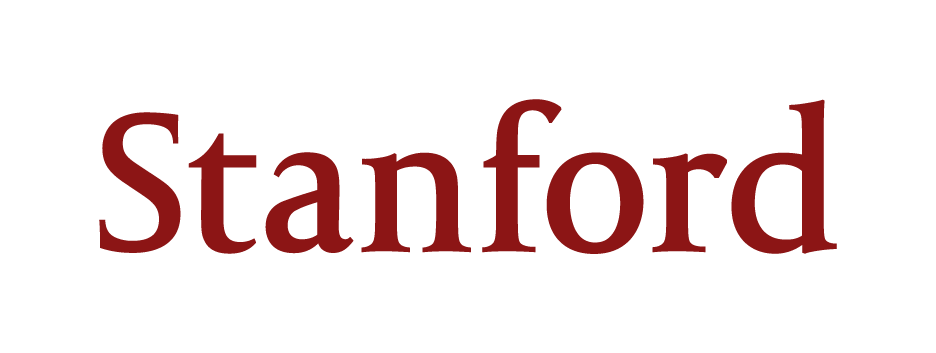Leading with Research
Our impact-driven research allows us to come alongside our partners — with care and expertise — and make progress toward John Gardner’s vision of communities that support the growth, development, and vitality of young people.
Our partners remind us daily that our role as a research partner is more valuable than ever as they seek to understand and respond to the needs of those who are most vulnerable.
We can help you
Understand the challenges facing young people
Develop and implement strategic programs, policies, and practices
Measure the impact of your work
Build new skill sets for your team and organization
- Adam Ely, Deputy County Executive, San Mateo County
Our approach
Actionable research
We employ rigorous research practices, including mixed-method research and data-driven analysis, to create the kind of knowledge our partners can use for strategic decision-making and action. Then, we’re there to help organizations assess if those actions have made a meaningful difference for the youth and communities they serve.
Two of our distinct specialties are youth-led research, which taps high school and college students as research fellows to survey their peers, and engaging traditionally excluded groups to solicit perspectives that are often unheard.

Strategy
We serve as a strategic thought partner in helping organizations fulfill their missions today — and building their capabilities to continue to do so in the future. Most important, we help our partners set strategic goals and then build their skills at gathering and working with data for decision-making. They are then in a position to monitor, measure, and adapt programs on their own.
Collaboration
In addition to collaborating directly with community partners, we bring together leaders and groups to collaborate across organizations.
We convene groups on critical topics like multilingual learning, community schools, and alternative high schools so organizations and policymakers can learn from one another, establish common goals, and work toward improving the systems that support vulnerable youth.

